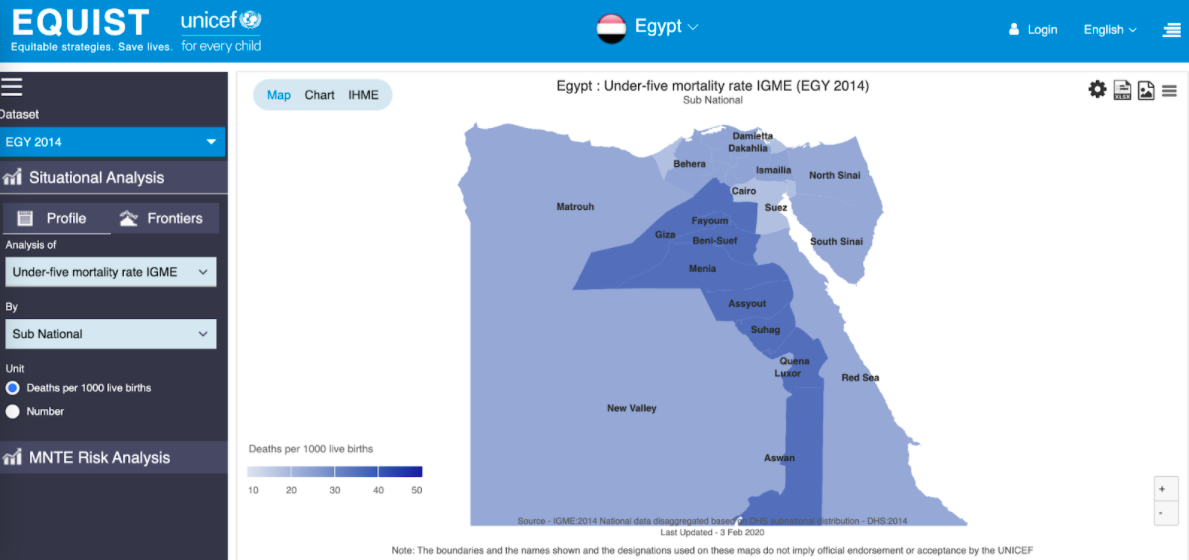|
Seth Davis, Programme Advisor, Community Systems Foundation Growing up in Rwanda after the genocide in the late 1990s, Shahrouh experienced firsthand the growing health challenges and disparities that children and women face in fragile contexts. Many were suffering from mental and physical trauma, children were orphaned and cases of HIV/AIDS were rising in the country. Witnessing these inequalities motivated Shahrouh to make a difference, support the most vulnerable and commit to a career in global public health. While Shahrouh’s intentions were to become a medical doctor, attending New York Medical College helped him realize the importance of utilizing technology to lessen health disparities and support policy planners during emergency situations. This mindset led him to positions in UNAIDS, the Organization for Islamic Cooperation (OIC) and UNICEF where his eyes were opened to the field of health system strengthening. As a discipline, health system strengthening aims to improve processes within Ministries of Health by highlighting interventions that can be made to remove barriers to health service delivery in a given context. During his time with UNICEF, Shahrouh supported the implementation and expanded use of the Equitable Impact Sensitive Tool (EQUIST). As an important tool in health systems strengthening, EQUIST supports national health policy planners in conducting Bottleneck Analyses to determine ways of improving access to health services. Currently, data is available for approximately 90 countries on EQUIST, including 30 countries that have incorporated subnational level data to support granular bottleneck analysis. With many countries using EQUIST, there are currently 1,897,919 data points available in the database! Now, as a Health Advisor with Community Systems Foundation (CSF), Shahrouh continues to provide technical assistance and capacity-building support to countries around the world on the use of EQUIST. In his current role, he is also now able to contribute to the daily improvement and refinement of the tool, as CSF is the technology partner tasked with maintaining and enhancing the system on behalf of UNICEF and the global community of users.
In this capacity, Shahrouh has led national workshops in five countries; Ghana, Democratic Republic of the Congo (DRC), Malawi, Bangladesh, as well as Kyrgyzstan, which took place remotely due to the COVID-19 Pandemic. Even though Shahrouh works with health data every day, he most appreciates work in the field as it allows him to see the “data in action” and to put faces to the names he engages with on a daily basis. Importantly, Shahrouh has been instrumental in working to add several key modules to EQUIST, including the Disruption of Health Services and Maternal and Newborn Tetanus Elimination (MNTE) Risk Analysis Modules. In his role, he has worked closely with UNICEF to conceptualize the modules, incorporate the vetted, approved and developed methodology, input country data and support in the initial rollout. The MNTE (maternal and neonatal tetanus elimination) Risk Analysis Module allows health planners to better understand the national & subnational MNT situation, through contextual risk scores, in a given country and guides them to accelerate their strategic planning, using MNT risk assessment indicators. The Disruption of Health Services Module, currently in development, is being introduced to EQUIST to: enable users to harness country-level data; model how a disruptor, (such as an epidemic or shock to a health system) disrupts routine health delivery; and allows users to anticipate how this disruption affects under-five, newborn and maternal mortality. Shahrouh realizes that health planning tools are essential to reducing bottlenecks and ensuring progress for the most vulnerable populations. At the same time, he also realizes that these tools need to be as user-friendly as possible to allow countries to build local capacity and ensure sustainability for health programme planning and decision-making. For these reasons, Shahrouh hopes to continue supporting countries by broadening the scope of health topics and analyses covered in EQUIST, and other health-related planning and decision-making initiatives.
0 Comments
Leave a Reply. |
Join the CSF data revolution webinar tomorrow!
COMMUNITY SYSTEMS FOUNDATION – EST 1963
+1 212 500 1335
data-driven sustainable development


